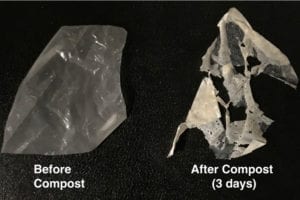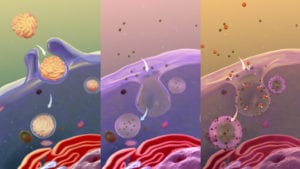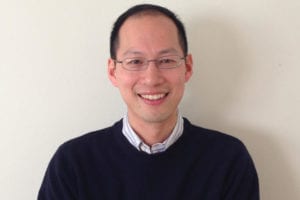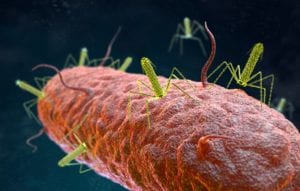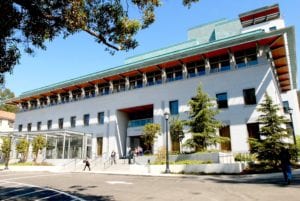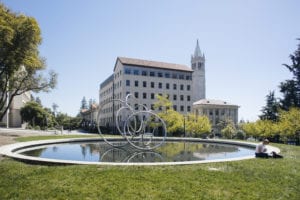
An interview with Professional in Residence Rachel Bernstein: Shining a light on science communities
April 27, 2021
Rachel Bernstein, PhD, is a the editor of Science Careers. Bernstein is joining the QB3-Berkeley Professionals in Residence (PIR) program on May 6 and May 13. Graduate students and postdocs may register for Bernstein’s PIR visit here. Bernstein spoke with graduate student Kaydren Orcutt about her journey from science writing to writing about the scientific community, and how her experiences at UC Berkeley helped shape her career.
